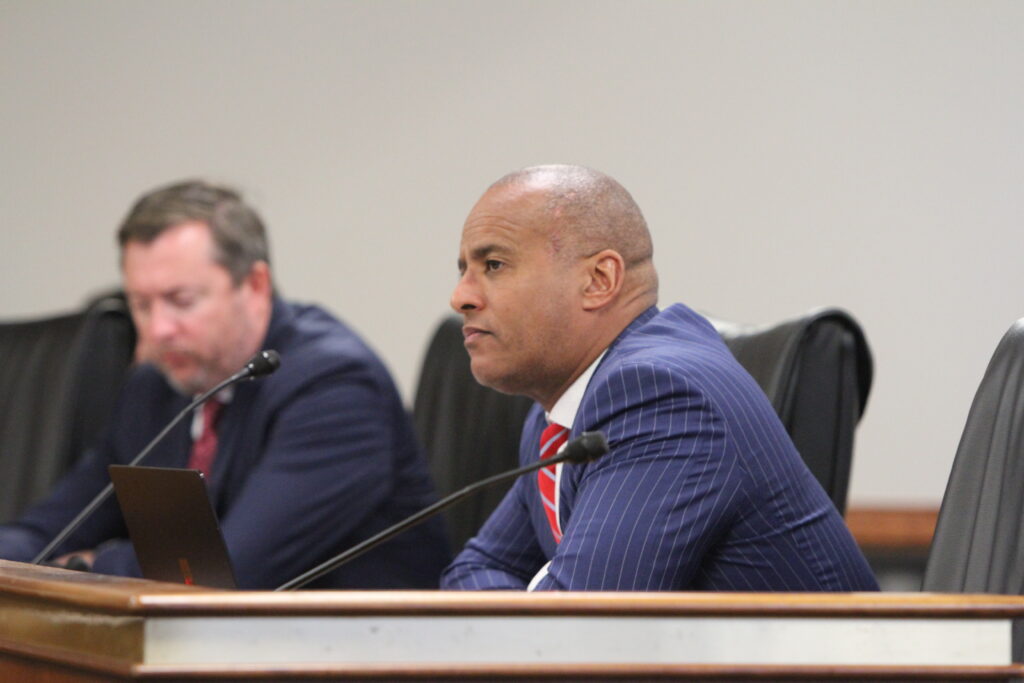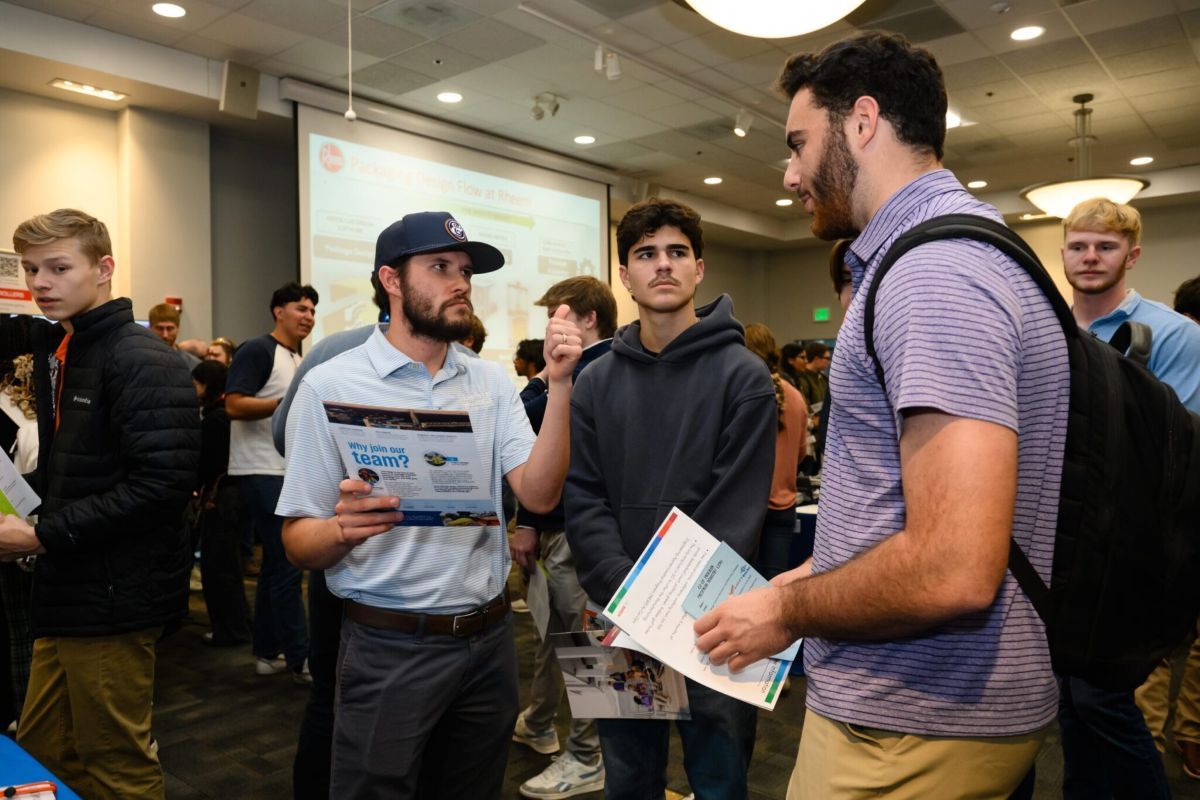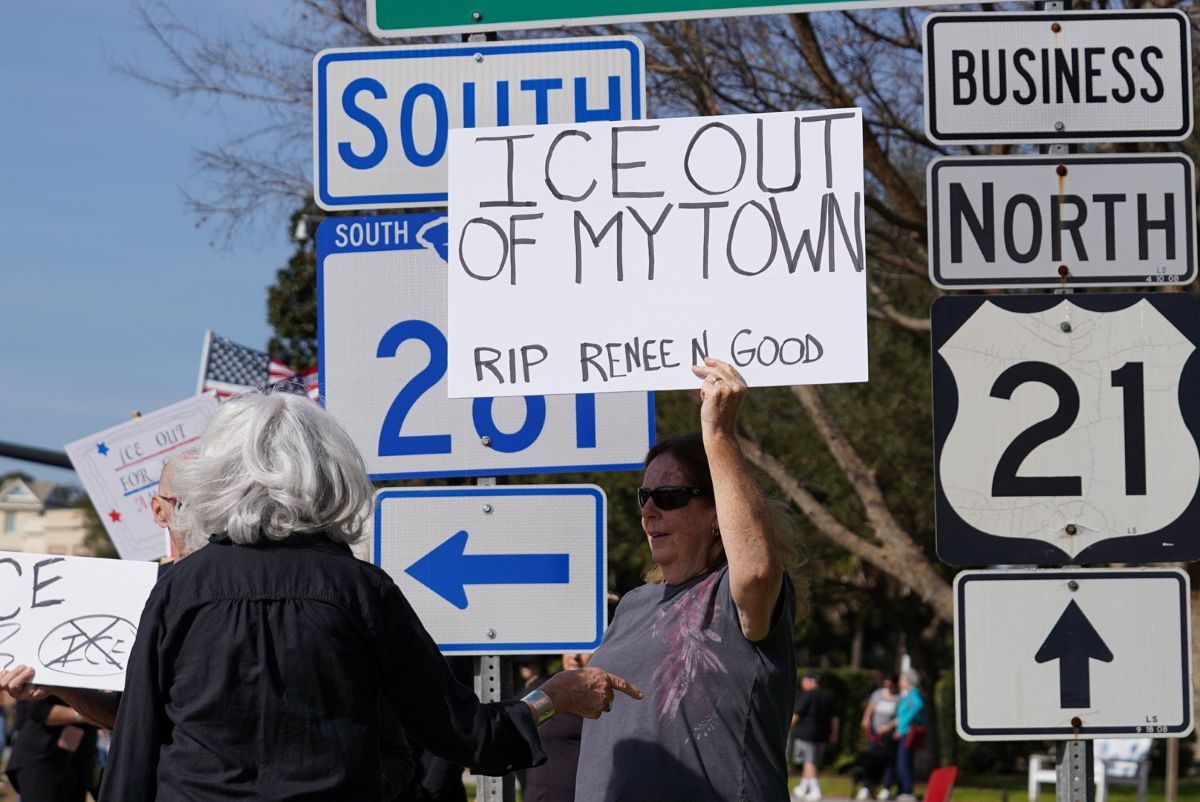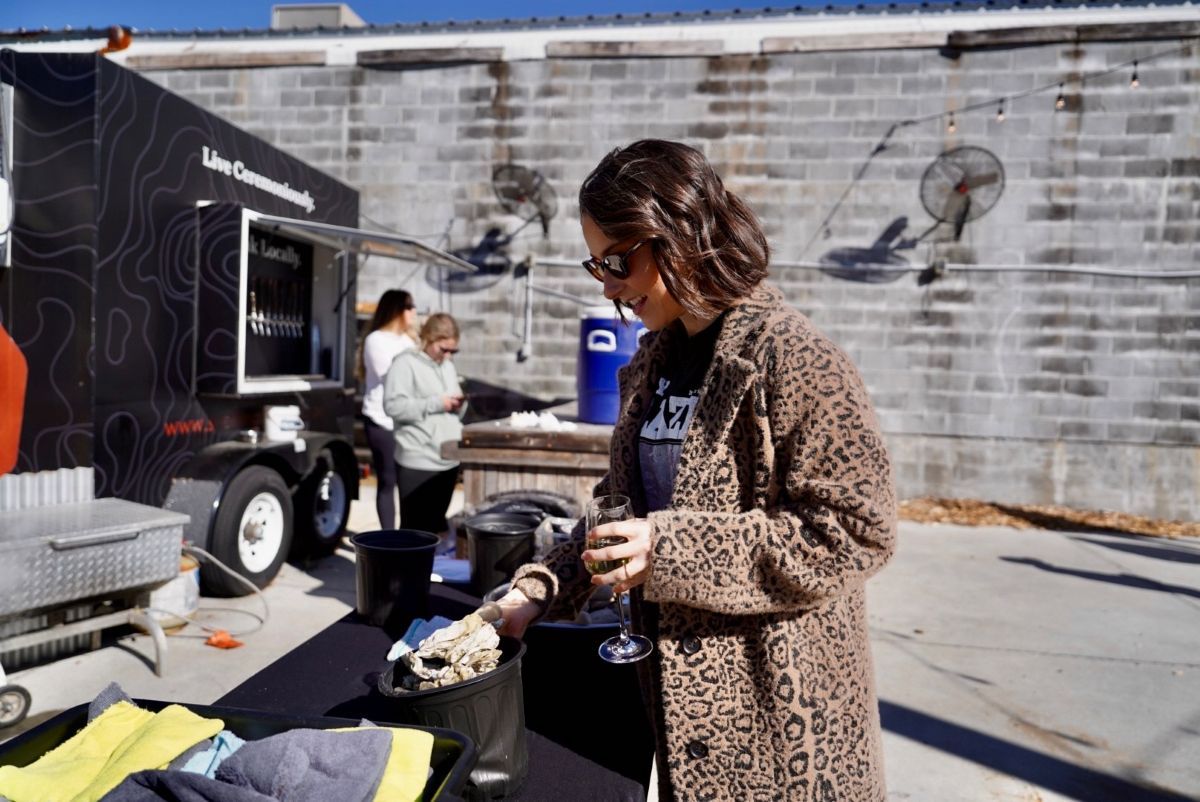By Jessic Holdman
SCDailyGazette.com
COLUMBIA — Married couples who own two homes in South Carolina would get a big break on their property taxes under legislation certain to be opposed by local government officials.
Under state law, South Carolinians can claim just one home as their primary residence for tax purposes. A second home — whether it’s rental property, a vacation spot or any other separate abode — is taxed at a higher rate. That applies to married couples and single owners.
But House Minority Leader Todd Rutherford said South Carolinians who get married should be able to keep two properties at the owner-occupied rate.
“That’s simply a marriage tax,” the Columbia Democrat told the SC Daily Gazette. “Marriage should not be something that’s penalized.”
The tax break wouldn’t affect the state budget. Property taxes on businesses, homes, vehicles and boats don’t go into state coffers. They’re collected by counties to fund public schools and government services locally.
Advocates for school districts, cities and counties that rely on that money are sure to lobby against the proposal as filed. It was among dozens introduced last week in advance of the legislative session resuming in January.
How much it would reduce county tax revenue is uncertain.
The rate difference may seem small: Owner-occupied homes are taxed at a special 4% assessment ratio instead of the 6% for second homes and rentals. But the difference on property tax bills can be substantial, largely because of a much-maligned 2006 state law that removed school operating costs from owner-occupied homes and, among other byproducts, shifted tax increases onto other types of properties.
When it comes to public school expenses, owner-occupied homes pay only to fund borrowing for major construction projects approved by voters.
Business and school groups have long called to get rid of the law known by its number — Act 388 — as part of a complete overhaul of the tax code. But undoing it would mean an immediate and dramatic increase to homeowners’ property tax bills, making the law untouchable for legislators who want to get re-elected. All tax changes in the 17 years since have left Act 388 intact.
Rutherford’s bill creates a “wide open” tax loophole for couples, rather than a tailored exception, said Debbie Elmore of the state School Boards Association.
“What this bill does is, if you own a beach house, you get the beach house at 4%,” said Joshua Rhodes, a lawyer for the South Carolina Association of Counties.
Coastal communities and tourist hot spots would be most affected, with schools there taking the biggest hit, said Todd Glover, director of the Municipal Association of South Carolina.
Rutherford acknowledged the loss of revenue for local governments but said it’s still wrong for state law to treat married and single people differently. As long as a couple doesn’t get married, both can claim a primary residence to own two properties at the 4% rate, he said.
“How can it be fair for the law to recognize that an individual can do something, but a married couple can’t?” he asked.
Rhodes said counties would likely be OK with a lower rate for spouses who truly live separately. For example, couples who work in different cities and travel back and forth to spend weekends together.
But that’s not what this bill does, Rhodes said, calling it a “broad fix to a narrow problem.”
Rutherford presented the possibility that a higher tax rate might make it harder for a spouse to leave an abusive relationship.
But state law already makes exceptions for separating couples, Rhodes said.
In South Carolina, married couples seeking a divorce must document living apart for a year before signing the paperwork finalizing the divorce. Exceptions to the year-long wait include adultery or physical abuse. Regardless of the grounds for divorce, when a couple starts the process, both spouses qualify for the reduced tax rate on their separate homes, he said.
Elmore again called for wholesale property tax reform.
“We keep passing laws that create loopholes,” she said, pointing to laws in 2017 and 2022 that effectively lowered the property tax rate on manufacturers from 10.5% to 6%.
Elmore said her group doesn’t disagree with those changes.
“But these things don’t happen in a vacuum,” she said. “It puts a Band-aid on one issue and creates problems elsewhere.”
Jessica Holdman writes about the economy, workforce and higher education. Before joining the SC Daily Gazette, she was a business reporter for The Post and Courier.










